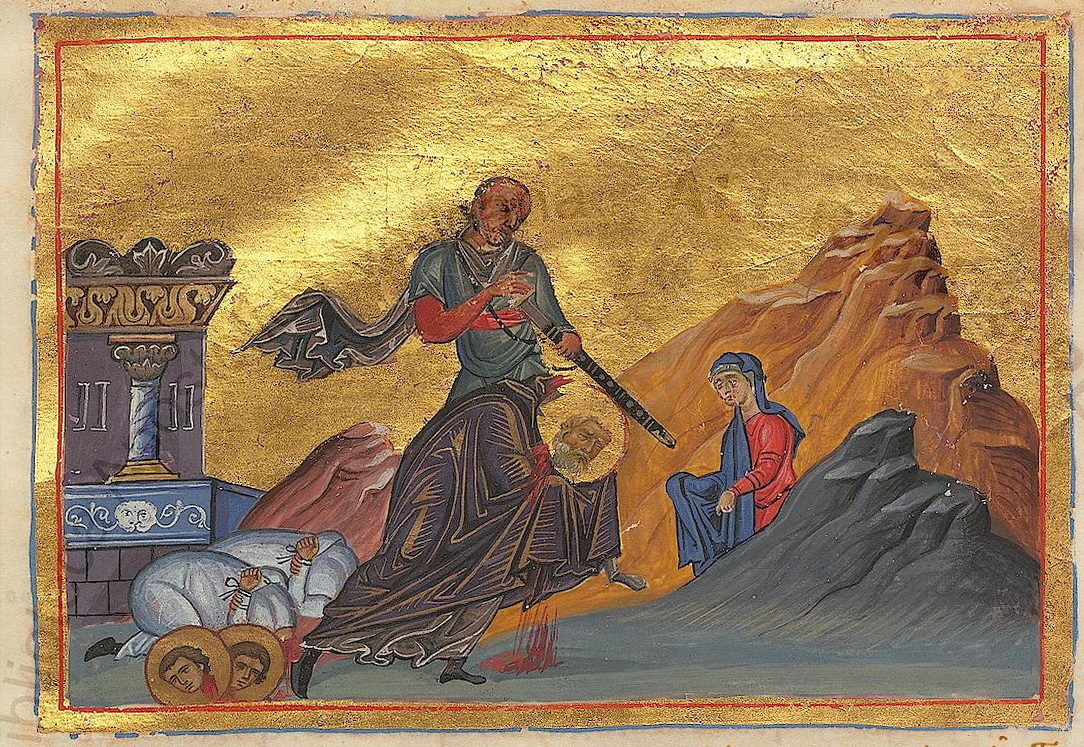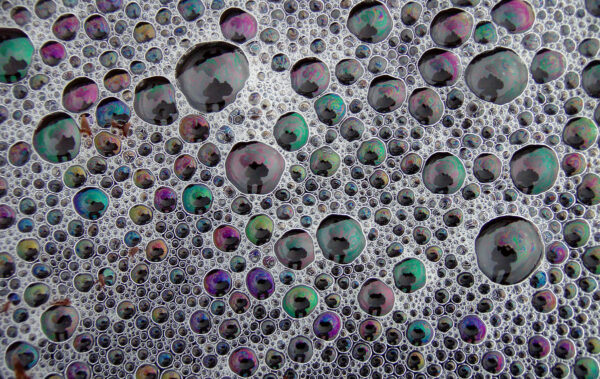The backlash against initiatives like MrBeast funding cataract surgery for 1000 people is easy to explain if we understand that peoples’ natural instinct is towards a form of virtue ethics, but that the same people lack the language of virtue ethics to explain their intuitions about people like MrBeast.
MrBeast appears to have a deformation of character. I don’t mean this in a psychological sense (I’m not a psychologist, obviously) but in an ethical sense – specifically virtue ethics. For example his philanthropy is performative; it is not just funded by income from his videos, but exists in order to make his videos possible in the first place; and his videos are what define him. Instinctively we feel that his philanthropy is not based on virtue, but utility.
The video starts with MrBeast saying “we’re curing 1000 people’s blindness”. There is no “we” – he’s actually funding an NGO that already performs cataract surgery. The surgeon who actually performs the operation is labelled in the video as “Surgeon”. We mainly see the patients reacting and thanking MrBeast profusely – especially when he gives them an additional $10K to generate an additional reaction. Or a Tesla, because of course.
Obviously for utilitarians this is not a problem, but even utilitarians have to train themselves out of their naturally evolved way of thinking about ethics – which is virtue ethics – in the same way that mainstream economists have to be trained out of thinking of people as reasoning humans, and trained in to thinking of them as calculating agents.
Utilitarianism creates an instinctive negative response in most people, not just because of thought experiments like the Repugnant Conclusion, but because it is both WEIRD (in the Joseph Henrich sense) and eerie (in the Mark Fisher sense). It is partly for this reason that we struggle to name what we find uncomfortable about MrBeast, and so people attempt to rationalise their discomfort with a range of explanations.
The simple explanation, however, is we feel – and it is just a feeling – that MrBeast is a bad person masquerading as a good person. He is a bad person not in the sense that he “does bad things” but in the sense that he has a poor character – a character in which the virtues we appreciate in good people are either absent or deformed. He masquerades as a good person by “doing good things” – but this does not help, because it only increases the ethical dissonance we feel toward him.
It’s not that we suspect that MrBeast is torturing puppies in a shed at the back of his studio, or even that he is casually harsh towards his staff. If we found out that he was doing these types of things, it would simply be confirmation of what we already suspect, because these things are not just “bad” on their own terms – they are evidence of a poor character, of a lack of virtue, which we can see simply in the way his blindness video is framed.
For the denatured children of social media, for whom content is their god and content creators their messiahs, this can seem perfectly normal behaviour, but it’s not. As I said, it is performative and we know it. Is it a bad thing to cure 1000 people of blindness? Of course not. But the very good outcomes for those 1000 people do not mean that MrBeast is a good person. He is simply buying the facade of being a good person in a society in which buying goodness with money has become the norm.
This is the same reason why people respond negatively to philanthropy by Bill Gates, or to Elon Musk’s claim that his businesses are philanthropic. They are trying to buy virtue, but you cannot buy virtue, and so we suspect that they are not virtuous individuals – in fact we suspect that they are the exact opposite, and their attempts to buy virtue are a sign of their lack of virtue. We don’t like – and frequently don’t trust – people who lack virtue, regardless of how rich they are.
Some people may not share this intuition. Many utilitarians do share it but they stifle it because it conflicts with their rational calculation and they don’t want to discourage others from acting like MrBeast. However there’s a second group who have been fully trained to think that wealth is a signal of character; either that acquiring great wealth is the sign of a great soul, or spending great wealth demonstrates that you are a good person. Both of these beliefs are empirically false.
The Saudi royal family, for example, has acquired great wealth, but nobody would argue that any of that family are great souls in the virtuous sense – they just managed to capture the revenue from a natural resource and kept that within their family. The counter-argument here is that it is *how* you acquired your great wealth that shows the greatness of your soul – that Gates or Musk *earned* their wealth, which demonstrates their great souls.
But if how you acquired great wealth matters to this discussion, then you are returning to virtue. It’s impossible to acquire great wealth without ethically dubious activities that would be considered lacking virtue in everyday life – it’s simply that those activities are obscured for most of us, most of the time, by corporate shields and media compliance. When we do discover they have feet of clay, we can either face that squarely or plunge into denial (which can be seen very often with Musk’s fans).
Spending great wealth – regardless of how you acquired it – in itself also seems not to be useful in demonstrating whether somebody is a good person. Once I have great wealth, I could be the “worst” person in the world and still be giving more to good causes than the “best” person in the world, who is less likely to be wealthy because they are less likely to engage in the un-virtuous behaviours which make acquiring great wealth possible.
As I wrote at the start, we know this instinctively but lack the language to explain it – either to ourselves or others. Other explanations make sense, such as decrying the fact that MrBeast appears oblivious to the political and economic inequalities that make curable blindness so prevalent, but these are really post hoc rationalisations for the underlying instinct towards virtue. We remain confused about virtue – naturally so, because it’s confusing – but it retains a hold on our intuition.
Don’t forget to smash that like button if you want more people to be cured of blindness!




